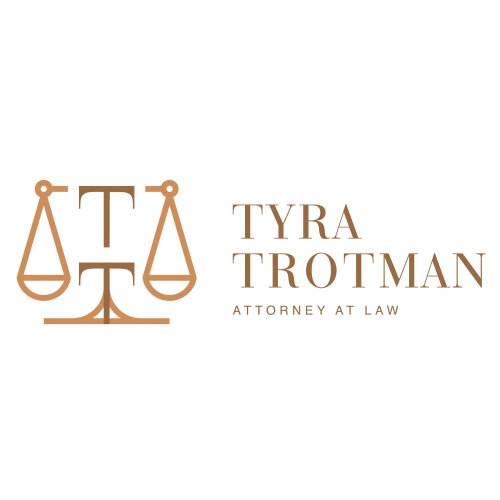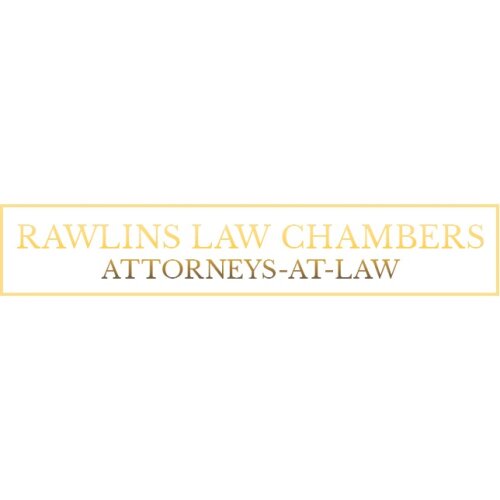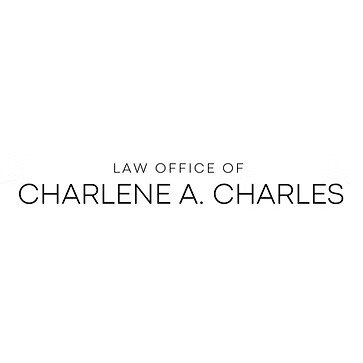Best Tax Lawyers in Barbados
Share your needs with us, get contacted by law firms.
Free. Takes 2 min.
Or refine your search by selecting a city:
List of the best lawyers in Barbados
About Tax Law in Barbados:
Tax law in Barbados pertains to the set of rules and regulations governing the imposition, collection, and administration of taxes in the country. Taxes in Barbados are primarily levied on income, property, goods and services, and imports. The Barbados Revenue Authority (BRA) is responsible for overseeing tax matters in the country.
Why You May Need a Lawyer:
There are several situations where individuals and businesses may require legal assistance in tax matters in Barbados. This may include disputes with the tax authorities, filing complex tax returns, structuring business transactions to minimize tax liabilities, or seeking guidance on tax planning strategies.
Local Laws Overview:
Key aspects of tax laws in Barbados include the income tax system, value-added tax (VAT), property tax, and customs duties. There are also special tax regimes for international business companies and offshore entities. It is important to comply with all tax laws and regulations to avoid penalties or legal repercussions.
Frequently Asked Questions:
1. What is the income tax rate in Barbados?
The income tax rate in Barbados ranges from 12.5% to 40%, depending on the individual's income level.
2. Are there any tax incentives for businesses in Barbados?
Yes, Barbados offers various tax incentives to attract foreign investment, including tax holidays, duty-free imports, and special tax rates for certain industries.
3. How can I appeal a tax assessment in Barbados?
If you disagree with a tax assessment, you can file an appeal with the Revenue Appeals Tribunal or seek legal representation to challenge the assessment in court.
4. What are the penalties for tax evasion in Barbados?
Penalties for tax evasion in Barbados may include fines, imprisonment, or both. It is essential to comply with tax laws to avoid serious consequences.
5. Do I need to file a tax return if I am self-employed in Barbados?
Yes, self-employed individuals in Barbados are required to file annual tax returns and pay income tax on their earnings.
6. Can I deduct business expenses from my taxable income in Barbados?
Yes, you can deduct legitimate business expenses from your taxable income to reduce your overall tax liability.
7. How can I minimize my tax liabilities in Barbados?
Consulting with a tax lawyer or accountant can help you identify legal strategies to minimize your tax liabilities, such as tax planning, deductions, and incentives.
8. What is the role of the Barbados Revenue Authority in tax matters?
The Barbados Revenue Authority is responsible for administering and enforcing tax laws in Barbados, including collecting taxes, conducting audits, and providing taxpayer services.
9. Are there any tax treaties that Barbados has with other countries?
Barbados has tax treaties with several countries to prevent double taxation and facilitate cross-border trade and investment.
10. How can I check the status of my tax payments in Barbados?
You can log in to the BRA's online portal or contact their offices to inquire about the status of your tax payments and account.
Additional Resources:
For more information on tax laws and regulations in Barbados, you can visit the Barbados Revenue Authority's website at www.bra.gov.bb. You may also consider seeking advice from a qualified tax lawyer or accountant for personalized assistance.
Next Steps:
If you require legal assistance with tax matters in Barbados, it is advisable to consult with a tax lawyer who specializes in Barbadian tax law. They can provide you with expert advice, representation in disputes, and help you navigate the complexities of tax regulations in the country.
Lawzana helps you find the best lawyers and law firms in Barbados through a curated and pre-screened list of qualified legal professionals. Our platform offers rankings and detailed profiles of attorneys and law firms, allowing you to compare based on practice areas, including Tax, experience, and client feedback.
Each profile includes a description of the firm's areas of practice, client reviews, team members and partners, year of establishment, spoken languages, office locations, contact information, social media presence, and any published articles or resources. Most firms on our platform speak English and are experienced in both local and international legal matters.
Get a quote from top-rated law firms in Barbados — quickly, securely, and without unnecessary hassle.
Disclaimer:
The information provided on this page is for general informational purposes only and does not constitute legal advice. While we strive to ensure the accuracy and relevance of the content, legal information may change over time, and interpretations of the law can vary. You should always consult with a qualified legal professional for advice specific to your situation.
We disclaim all liability for actions taken or not taken based on the content of this page. If you believe any information is incorrect or outdated, please contact us, and we will review and update it where appropriate.
Browse tax law firms by city in Barbados
Refine your search by selecting a city.












